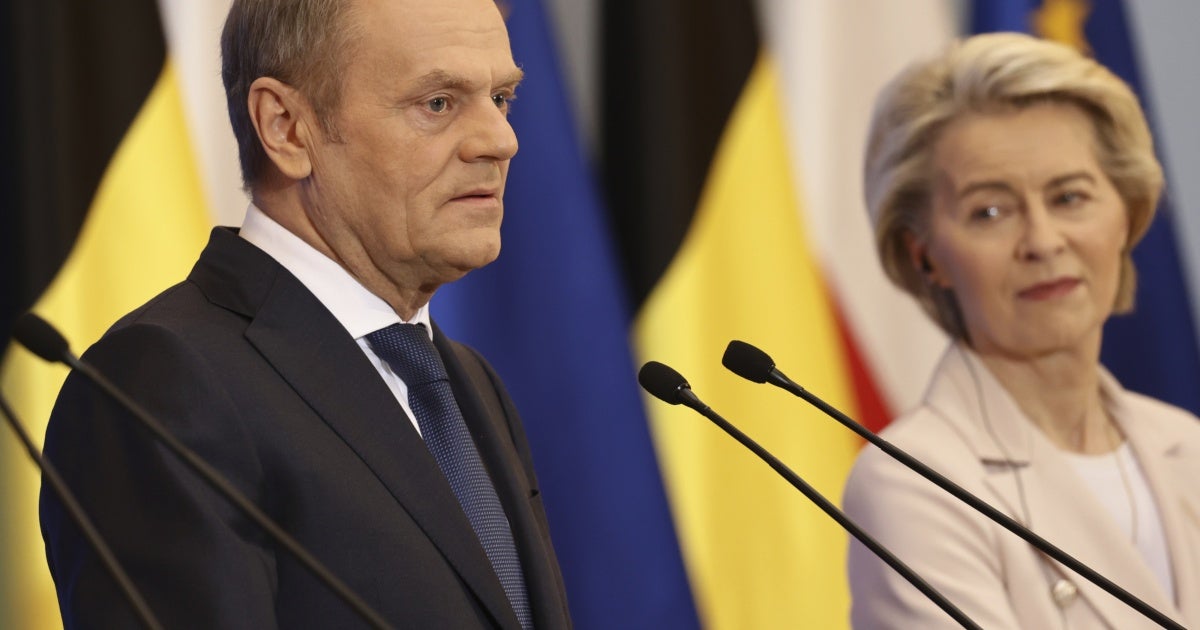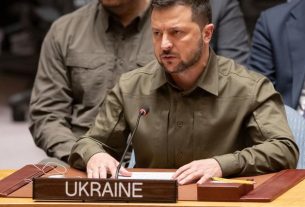As part of the European Union’s six-month rotating presidency system, Poland has officially assumed the role of leading the EU Council, taking over from Hungary. This rotational leadership system ensures that each EU member state has the opportunity to guide the Union’s agenda, facilitating cooperation among the 27 member countries.
Overview of the EU’s Rotating Presidency System
The European Union’s presidency rotates among its member states every six months, with each country setting the agenda and prioritizing initiatives that align with its national interests and the broader goals of the Union. The country holding the presidency is responsible for steering discussions, hosting meetings, and facilitating the legislative process within the EU Council.
Hungary, which held the presidency for the previous term, has passed the baton to Poland as part of this established rotation. Poland’s six-month term began in January 2024, marking a new phase in the Union’s leadership structure.
Poland’s Priorities for the Presidency
Poland is expected to focus on key issues that align with both its national priorities and broader EU goals. These may include strengthening EU unity on matters such as climate change, digital transformation, and improving economic resilience. Poland is also likely to emphasize issues related to security, migration, and the ongoing support for Ukraine amidst the ongoing conflict with Russia.
Poland’s presidency will be closely watched as the EU continues to manage both internal and external challenges, including the long-term impact of the war in Ukraine, economic recovery efforts post-pandemic, and addressing migration crises.
The Role of the Presidency in EU Governance
The country holding the presidency of the EU Council has a significant role in shaping EU decision-making processes, although it does not have legislative power. The presidency works with the European Commission and the European Parliament to find common ground on legislation and policies, playing a key role in negotiating compromises between EU member states.
The presidency also sets the Council’s agenda, represents the EU in international negotiations, and hosts summits and high-level meetings between EU leaders. This leadership role is vital for ensuring the continued smooth functioning of the Union and its ability to address global and regional challenges.
Hungary’s Presidency and Poland’s Transition
During its presidency, Hungary focused on several issues, particularly energy security, economic growth, and international diplomacy, reflecting the priorities of the Hungarian government. Hungary’s presidency saw significant discussions on energy dependence, especially in the context of the Russian invasion of Ukraine, and efforts to secure alternative energy sources for EU member states.
With the transition to Poland’s leadership, a new set of priorities is likely to emerge, shaped by the current geopolitical climate and the ongoing challenges facing Europe. The rotating presidency system allows for a dynamic and responsive approach to governance, with each member state contributing its own unique perspective to the EU’s broader objectives.
Conclusion
As Poland begins its term leading the EU, it takes on the responsibility of navigating complex issues while fostering unity among member states. The country’s priorities, along with its strategic approach to EU governance, will be crucial as Europe faces multiple challenges, both internally and globally. With the presidency’s six-month rotation, the EU’s ability to adapt to changing circumstances is reinforced, ensuring that leadership remains balanced and diverse.


